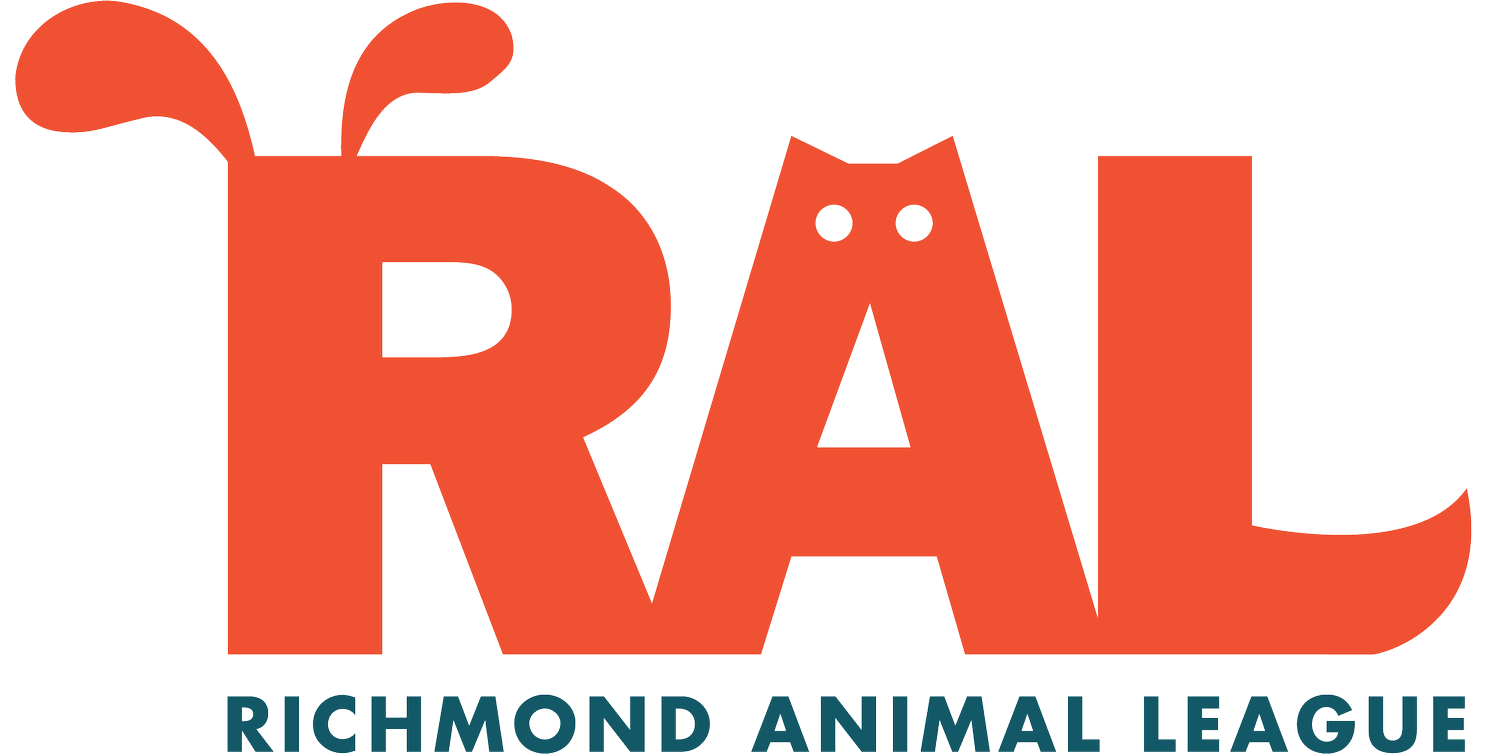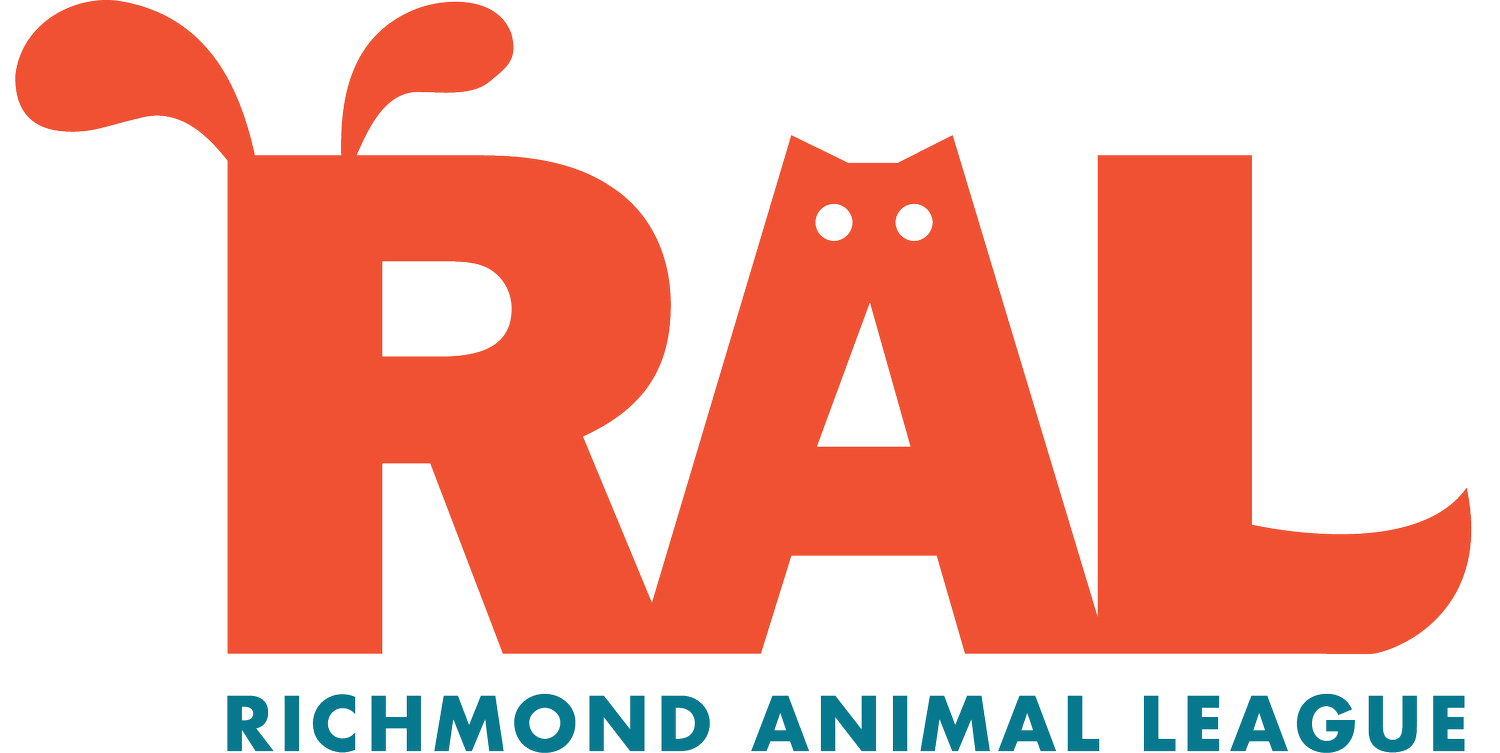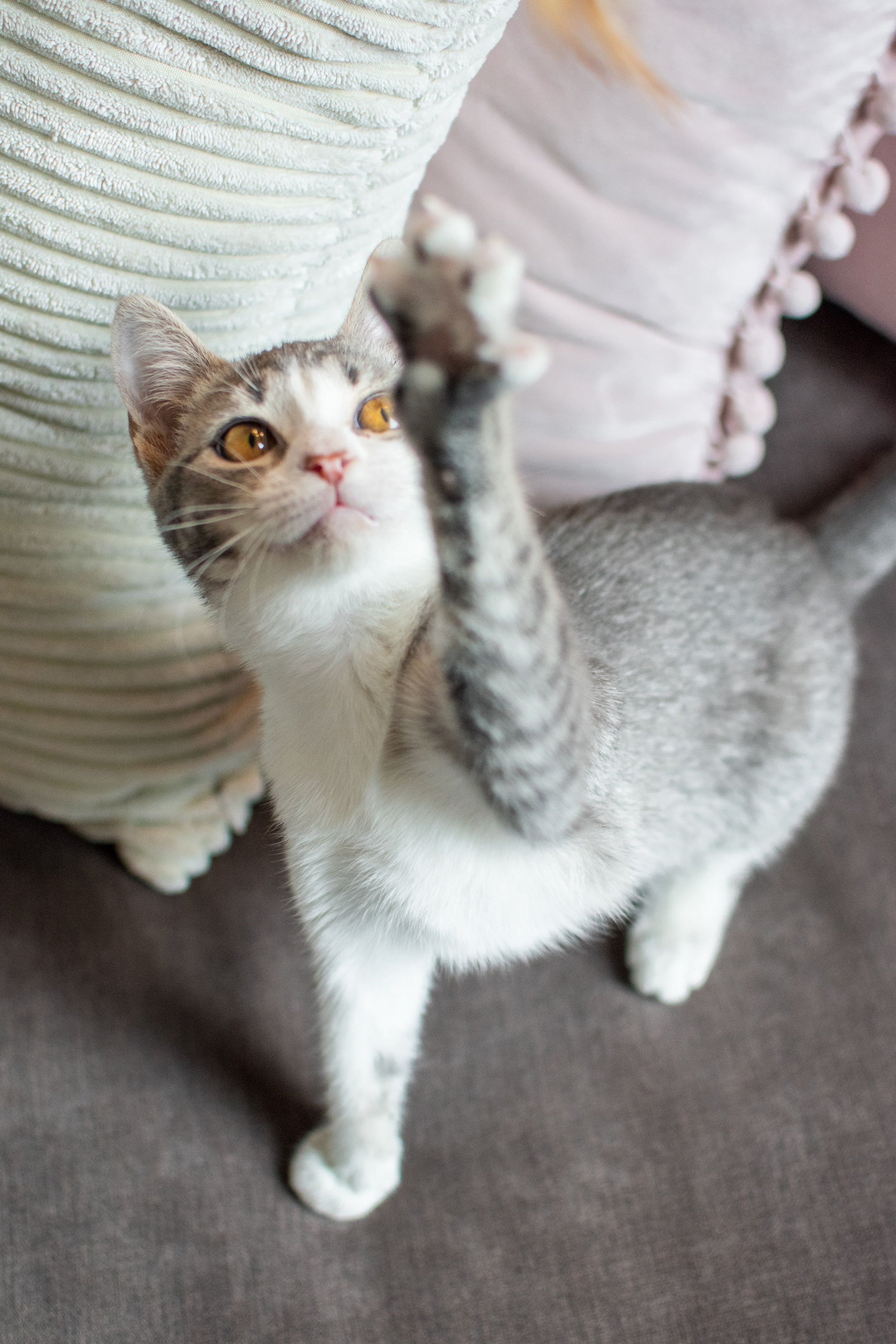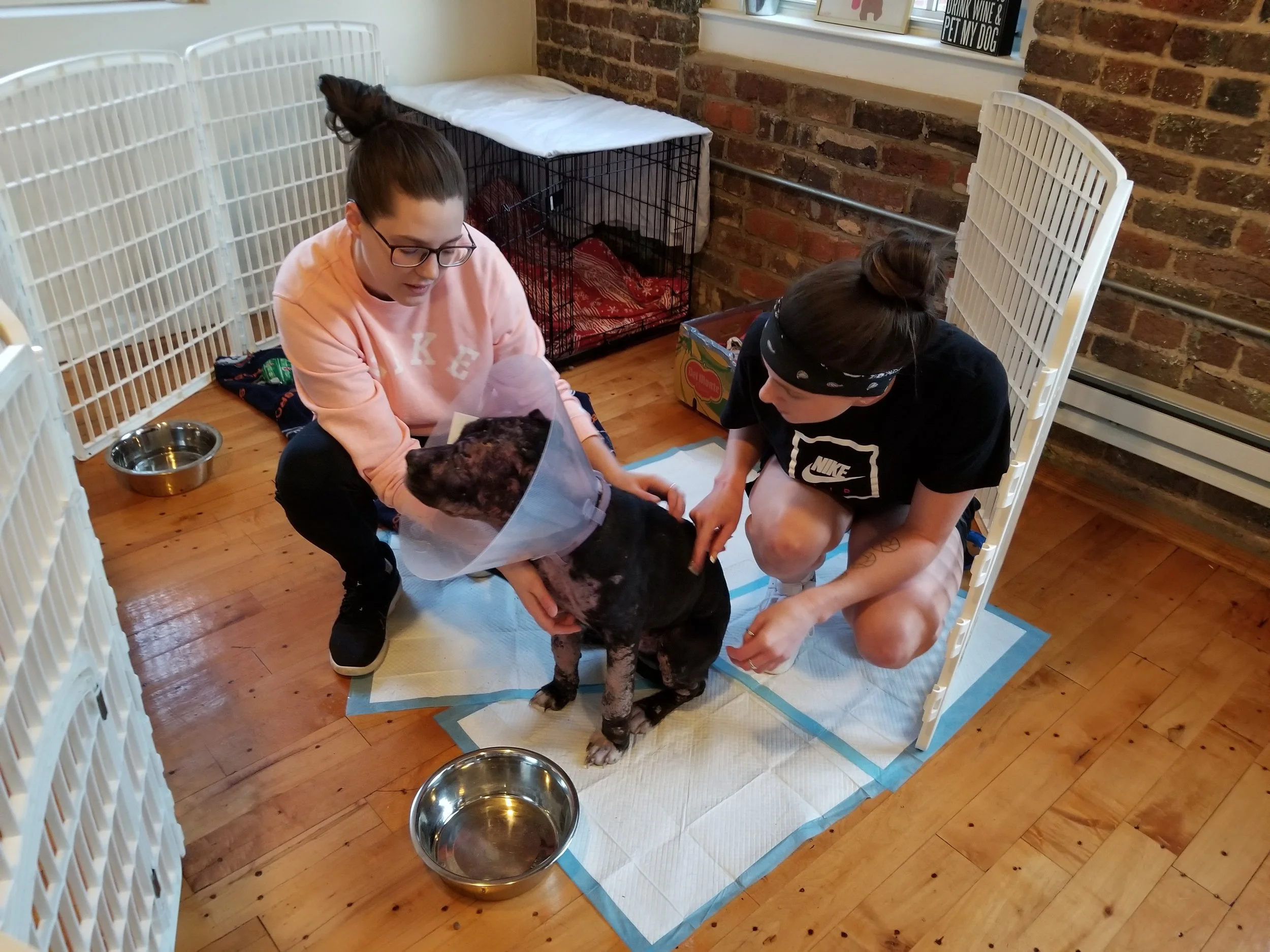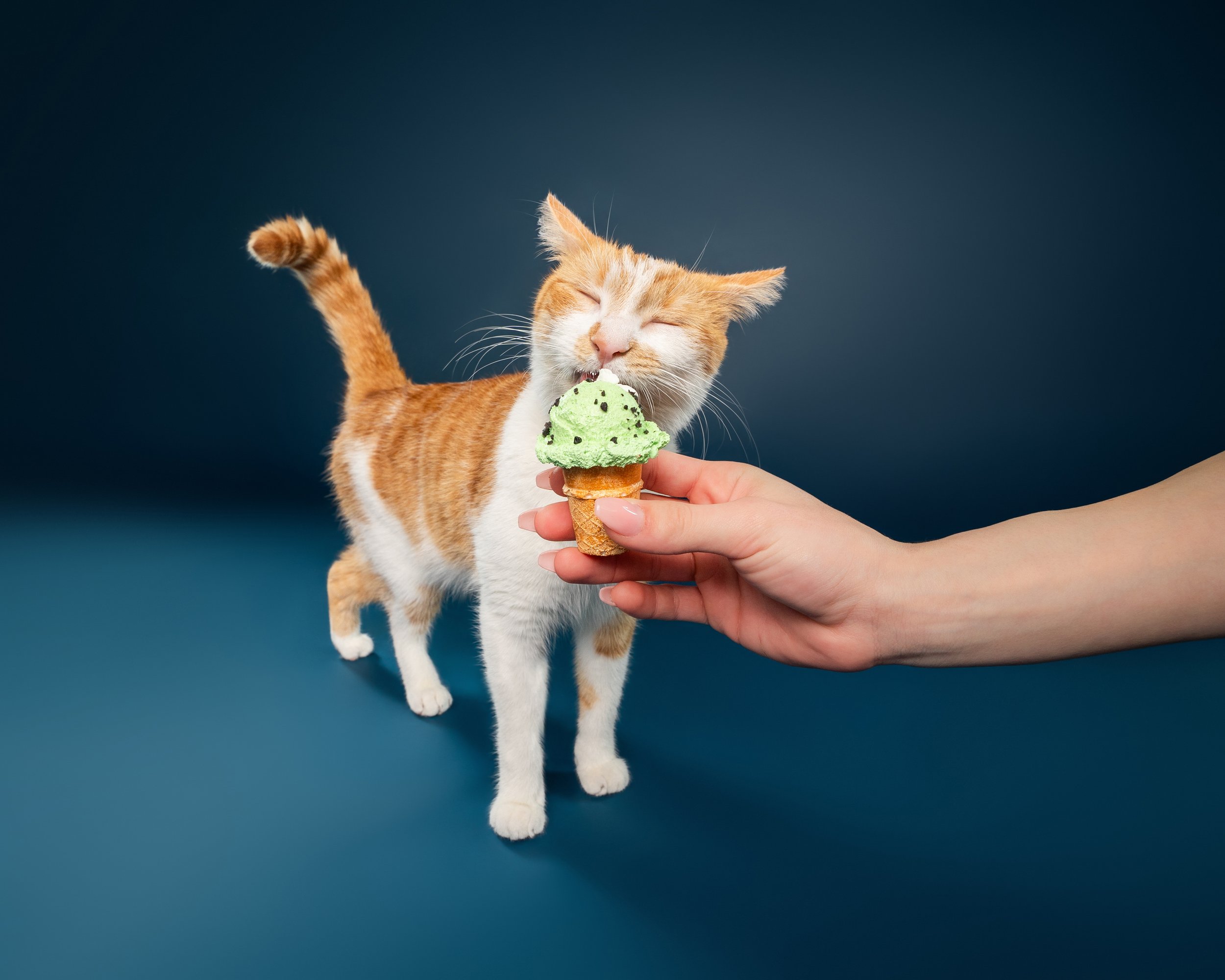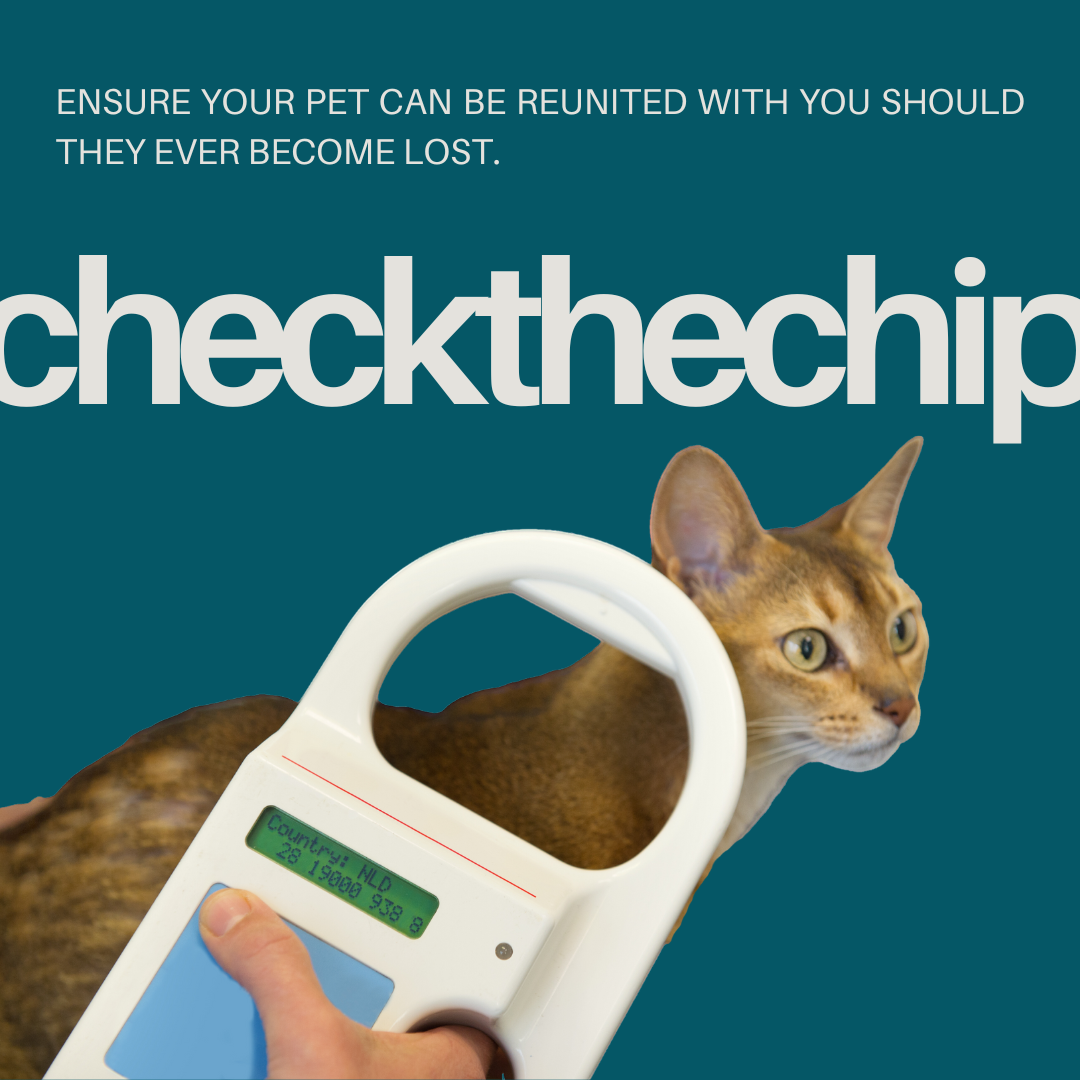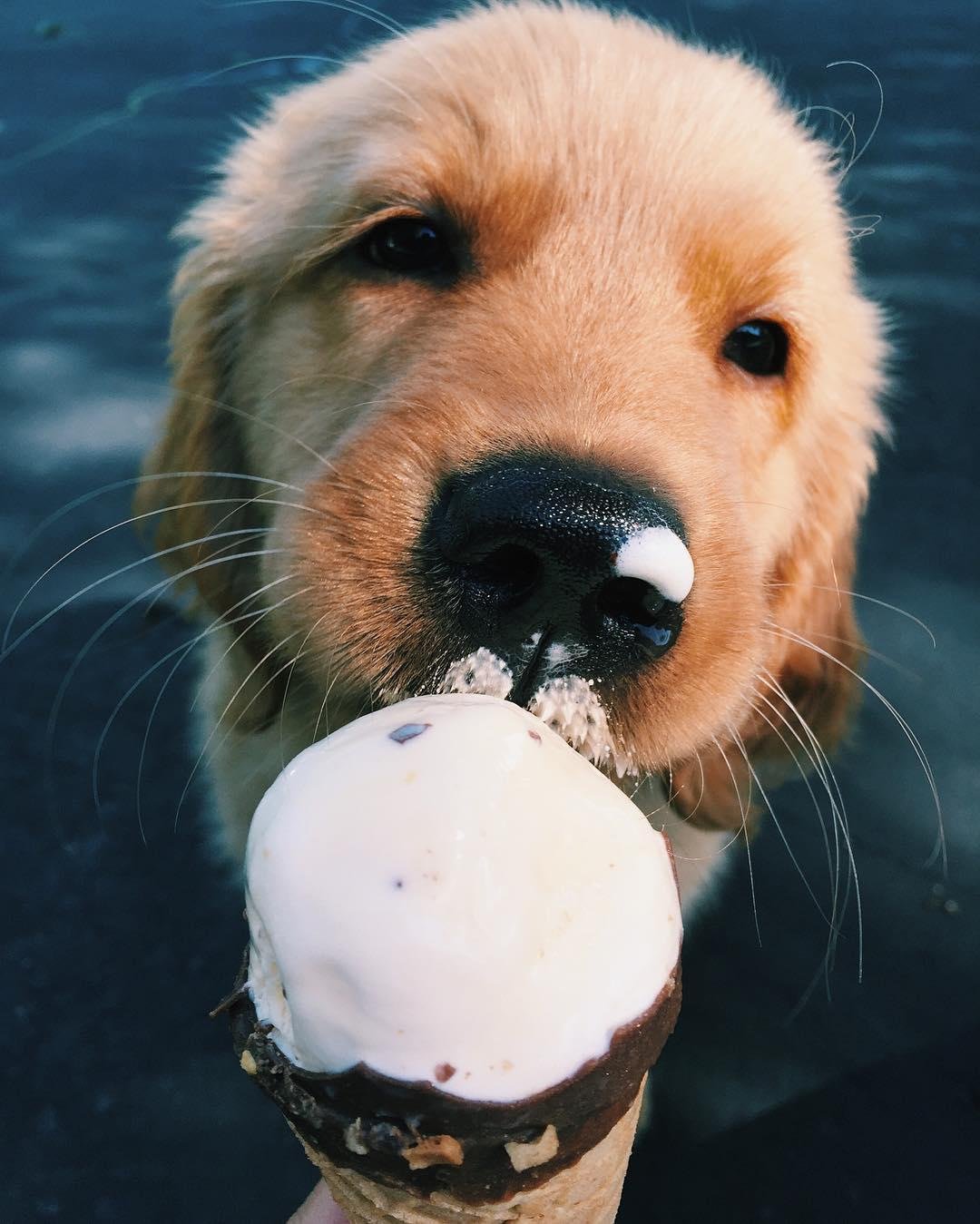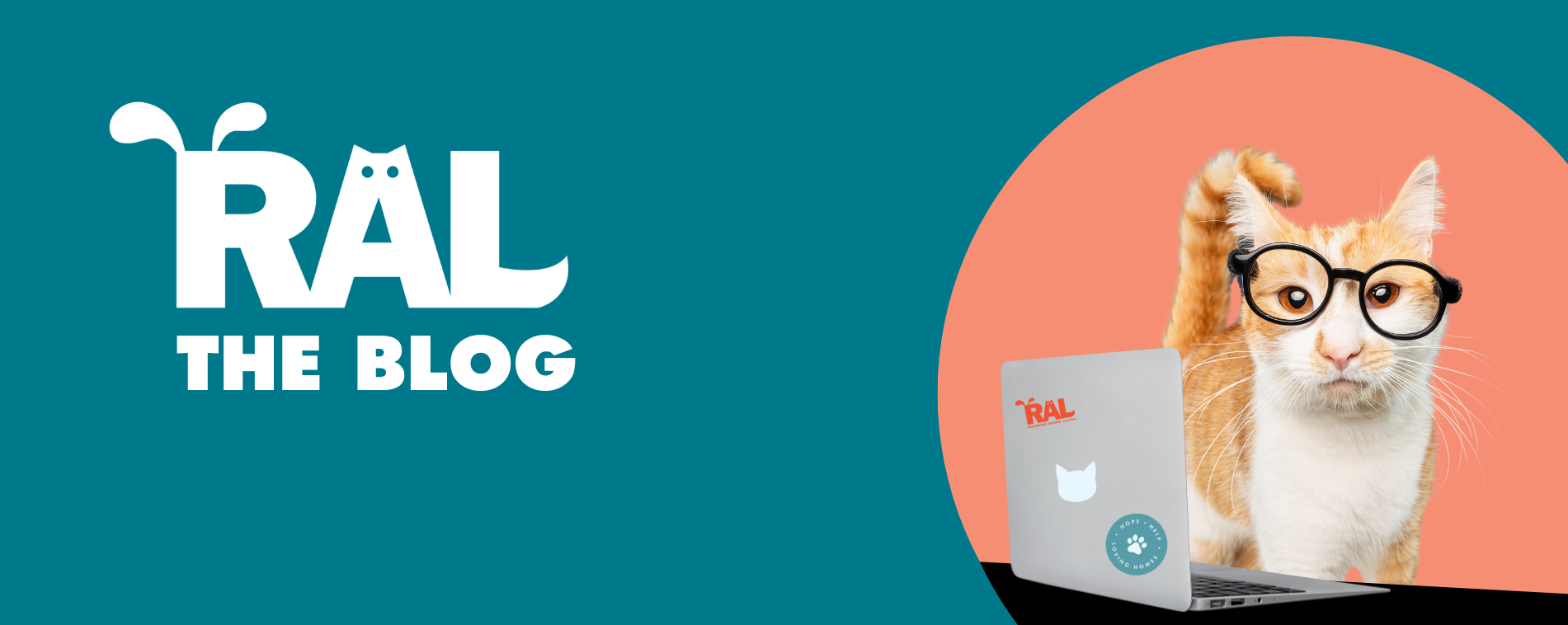
Featured Resources & Blog
Find helpful information and resources on what to do if you or someone you know needs to rehome a pet.
Find dozens of resources on how to communicate with your cat to create an even greater bond and make your lives together easier and more fun!
Find dozens of resources on how to communicate with your dog to create an even greater bond and make your lives together easier and more fun!
Find all of your Spay & Neuter Clinic questions answered in our exhaustive FAQ section!
All Resources & Blog
Richmond Animal League is seeking an Adoption Manager.
RAL is seeking a Full-Time Surgical Veterinarian to join our team at the Loving Spay+Neuter Clinic.
Virginia just became the largest state to achieve a 90% live release rate in its shelters, marking a major step forward in the no-kill movement. RAL was honored to celebrate this achievement at the State Capitol, but nearly 10,000 pets still need homes to make no-kill a reality statewide. Learn how RAL is helping lead the way—and how you can be part of the solution.
Richmond Animal League is searching for a dynamic, forward-thinking Clinic Director to take our Loving Spay+Neuter Clinic (LSNC) to the next level!
Learn about Manx Syndrome in cats.
Meet Landon, Richmond Animal League’s 2025 Cat Mascot!
Meet Kaia, Richmond Animal League’s 2025 Dog Mascot!
Calling All Artists!
Ever dream of seeing your artwork on a RAL t-shirt? Now’s your chance! We're launching our 1st T-Shirt Design Contest, and we want YOU to showcase your creativity.
Understanding Canine Parvovirus (Parvo): Learn about the highly contagious Canine Parvovirus, its symptoms, treatment, and how to protect your dog from this serious disease. Vaccination and early intervention are key!
Every year on August 15, pet owners are reminded of the vital role that microchipping plays in ensuring the safety and return of their beloved pets. At Richmond Animal League (RAL), we can't stress enough the importance of not only microchipping your pet but also keeping the contact information on the chip up to date.
Fourth of July festivities are exciting for us, but they can be stressful and frightening for our pets. As pet owners, it's crucial to take steps to ensure our furry friends stay safe and calm during the holiday.
Say hello to our annual partner Salty Paws!
April is Heartworm Awareness Month. Learn more about this disease and how you can keep your furry friends safe.
Our furry family members are vulnerable to household poisons, many of which are common items we use daily. This blog aims to shed light on potential dangers lurking in your home, offering practical advice to keep your pets safe and sound.
Meet Marty, Richmond Animal League’s 2024 Dog Mascot!
Meet Skunk, Richmond Animal League’s 2024 Cat Mascot!
A harrowing tale with a lesson in pet recovery.
Recognizing and alleviating pet anxiety during the holiday season can ensure that our furry friends enjoy the festivities as much as we do.
The holiday season is synonymous with travel, and for pet owners, the idea of leaving their furry friends behind can be heartbreaking. Traveling with pets requires careful planning to ensure their safety and well-being.
List of organizations/sites that offer financial assistance for veterinary care.
List of Emergency and Urgent Care Vets in the Richmond area.
List of area vet resources including low cost clinics, low cost spay/neuter services, and clinics that work with the Kara & Eden Project.
What is panleukopenia? How is it diagnosed and treated?
More resources ⟶
Explore by Category

